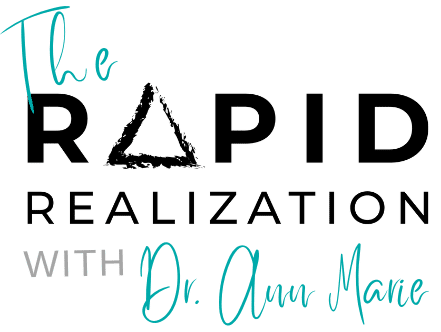Are All Hypnotherapist Doctors?
The short answer is NO, they are ALL not Doctors but some could be. Hypnotherapists are not required to be credentialed, have a certain amount of experience, or receive college degrees such as a bachelors, masters or doctorate. That does not mean that most with higher-level degrees, such as doctors and psychologists don’t become hypnotherapists and are thus considered hypnotherapist doctors.
For example, I went to medical school and then took additional training to become a Hypnotherapist from a state-recognized and licensed hypnotherapy school. But everyone that may label themselves as a Hypnotherapist does not have equivalent training to the other because simply Hypnotherapy is not a regulated field of practice and therefore it is important to understand the training or credentialing your therapist may have to assure your success has improved odds given they have the proper training to do so.
You see, to be practicing as a physician, doctor, nurse, or traditional therapist you must go through state and national examinations and a credentialing process by the country. This is done in order to assure that education is held to a recognized standard. And even though Hypnotherapy has been utilized in medicine since the 1800s it is still a separate division of medicine even though it has proven to be a powerful technique.
Hypnosis was first put into practice by the german doctor named Dr. Franz Mesmer.
Dr. Mesmer originally coined the term Mesmerism which he believed the success of his ability to give suggestions or get people into a trance was due to animal magnetism within our bodies. The concept of this “animal magnetism” was rejected though however during the early 1800s given the lack of tangible and scientific support. It is strongly notable though that even though the scientific community could not explain, due to limited technology, the clinical community could not deny that Dr. Mesmer helped and even cured many symptoms of his patients using his approach. One of the most noteworthy clinicians following Dr. Mesmer was a Scottish Surgeon named Dr. James Braid. Dr. Braid also known as “the father of hypnosis” is the one who coined the term ‘hypnosis’ which means sleep in greek. The term “hypnosis” to this day still creates a sense of confusion and miss-conceptions about how hypnosis works as it has now been proven that when in hypnosis you are actually in a very focused state or an ‘altered state of consciousness and do have a level of consciousness and not unconscious as one would be in sleep.
Hypnosis or Hypnotherapy gained attention from various doctors thereafter and around the world
In the mid-19th century, another physician who took a particular interest in hypnosis was Dr. Josef Breuer. Dr. Breuer is known for laying the foundation of psychoanalysis which was developed by his protege Dr. Sigmund Freud. Dr. Breuer is most known for his work with Anna O. who he treated alongside Dr. Freud for Hysteria during which they used hypnosis to trigger Anna’s childhood emotions and traumas. It was reported and notable that the hypnosis techniques were the reason for the reduction in her symptoms.
Dr. Freud used hypnosis in his work and studies however it was said due to his authoritarian approach to hypnosis his results were hindered. Dr. Fraud focused most of his work on the development of psychoanalysis.
The most prominent figure known in our current modern-day understanding of hypnosis though is the American psychiatrist named Dr. Milton Erickson. Dr. Erickson had become a master of using language, words, and patterns in order to communicate with the patient’s subconscious mind. Dr. Erickson’s approach was unique in that he was less driven to find the diagnosis or cause and more focused on the alleviation of symptoms – his hypnosis methods are called Ericksonian Hypnosis and have served many in healing and alleviation of pain and various symptoms.
So you see the main founders of hypnosis or Hypnotherapy were doctors but because of the limited understanding back then of what was going on it had not yet been formally institutionalized in our graduate level of education. The duration of time it has taken to regulate or include hypnosis has caused various misconceptions about the field to further unravel as movies, and entertainment industries monetize on the creative misconception of how hypnosis scientifically is working.
Some graduate-level programs are including electives in hypnosis given the voluminous amount of research and evidence we now know in modern-day medicine of its use-fullness and effectiveness.
So even though now it is not a regulated field we are slowly making our way towards it as there are hypnotherapy schools that are going through the rigors or being considered a state-recognized schools such as the one I graduated from the institute of interpersonal hypnotherapy, as there are a few located accross the nation.
Be sure if you choose to seek out therapeutic support that you seek care from someone that has completed training with a state recognized, and depending on goals and objectives that they had at least a minimum of 500 clinical hours of training. For trauma or medical conditions be sure to seek a professional that has additional credentials that support the level of need.



0 Comments